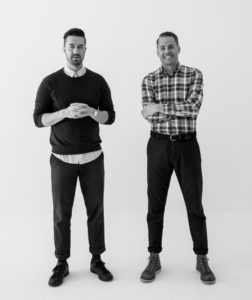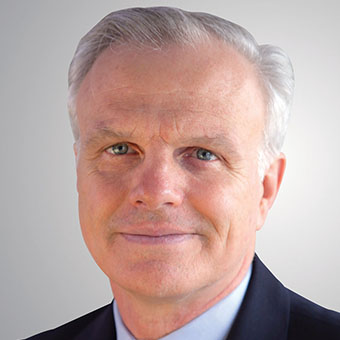Edward Stack, CEO of Dick’s Sporting Goods, has been running the Sporting Goods store after receiving control from his father. He has had to make many tough decisions throughout the course of his career as CEO. However, one of the most prominent decisions he has had to make was following the shooting at a high school in Parkland, Florida. Stack learned that the shooter who killed 17 people at the high school had bought a shotgun from his store, he realized that he wanted to make a change to the way his business was run. It did not matter to him that the shooter had not used the gun in his attack.
Stack went to his financial adviser and said that there needed to changes made to the company. Among many changes, Stack made sure not to sell anymore semi-automatic assault style rifles or sell any weapon to people under the age of 21. The financial officer was very hesitant at this proposal because it seemed as though the company would take a large financial hit from this change. However, Stack was adamant about his decision.
As a CEO, Stack did not draw much attention to himself until this change was made. After the amendment to what his company sold concerning weapons was made, he received many calls to appear on talk shows. His stance on weapons did not change throughout this ordeal. He repeated that “we needed to take a stand”. After all of this happened, revenue did drop for Dick’s Sporting Goods. In addition, there was a good amount of push back and criticism for the decision that Stack and his people made, but it did not phase him.
I think that we can learn a lot from Stack’s decision. As an entrepreneur, you need to stick to what you believe in no matter what the adversity. Stack realized that he did not want his company to be the cause of any violence and he believed that firmly. He made the changes that he saw necessary and refused to look back. I think that we should take this entrepreneurial story as we begin to envision and create, so that we can stay true to our core values.
https://www.cnn.com/2019/03/10/business/dicks-sporting-goods-ceo-edward-stack-profile/index.html



